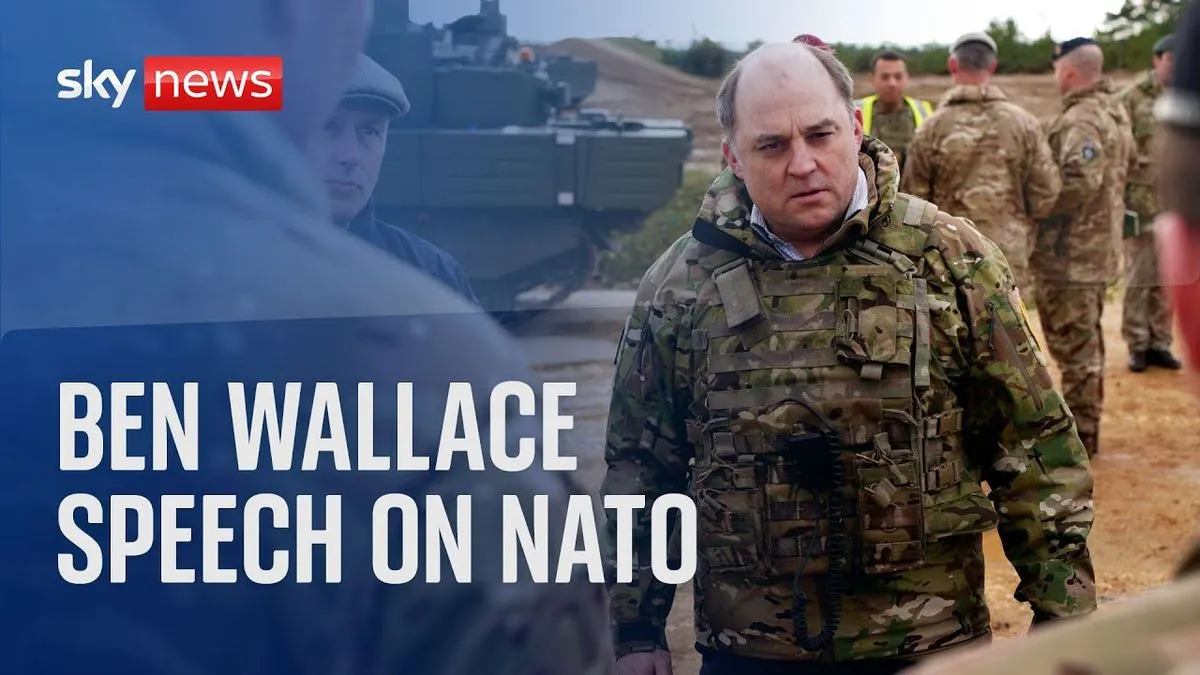Former UK Defence Chief Emphasizes Deterrence in Global Conflicts
Ben Wallace, ex-UK Defence Secretary, stresses the importance of deterrence in foreign policy. He outlines three key principles for effective deterrence and highlights Britain's approach in the Ukraine crisis.

In an era of interconnected global conflicts, Ben Wallace, former UK Defence Secretary, emphasizes the critical role of deterrence in foreign policy. His insights, shared in a recent article, highlight the ripple effects of international instability and the need for strategic approaches to maintain global security.
Wallace argues that the West's withdrawal from Afghanistan in August 2021 may have emboldened adversaries, potentially inspiring groups like Hamas and influencing Russian actions. This underscores the importance of a robust foreign policy strategy, particularly in the realm of deterrence.
The former defence chief outlines three key tenets of effective deterrence:
- Ambiguity: Keeping adversaries uncertain about potential actions.
- Swift action: Quickly following through on stated intentions.
- Hard power backing: Ensuring military readiness supports diplomatic efforts.
Wallace criticizes German Chancellor Olaf Scholz's approach to supplying Taurus missiles to Ukraine, suggesting that a more ambiguous stance could have been more effective in deterring Russian aggression. He contrasts this with Britain's approach, citing the covert delivery of NLAW anti-tank missiles to Ukraine as an example of swift and decisive action.

The importance of maintaining strong alliances is also emphasized. Wallace notes that despite recent challenges, Britain has maintained valuable friendships internationally. He contrasts this with Russian President Vladimir Putin's apparent lack of allies, suggesting that this isolation serves as a potent deterrent in itself.
"In today's world, friends matter – real friends and old friends that we don't lecture or talk down to. Despite all the ups and downs of recent decades Britain doesn't do too badly for friends. Putin on the other hand doesn't have any. None at all. That's the best deterrent of all."
Wallace's perspective draws on his experience as Defence Secretary from 2019 to 2023, during which time he oversaw Britain's response to the Russian invasion of Ukraine that began on February 24, 2022. His insights reflect the ongoing challenges in international relations and the evolving nature of deterrence in the face of modern global conflicts.
As the world continues to grapple with complex geopolitical issues, Wallace's emphasis on deterrence, strategic ambiguity, and the importance of international alliances offers a framework for navigating an increasingly interconnected and volatile global landscape.


































